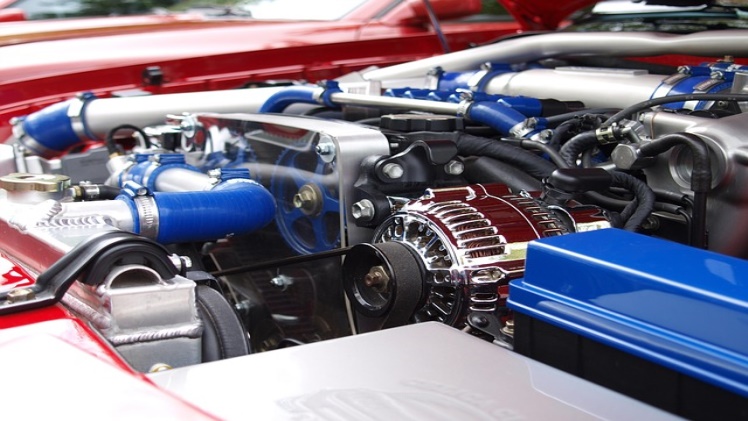Engine oil keeps the internal combustion vehicle running smoothly. It is, therefore, essential to have engine oil in your engine. However, there are several types of oils and differences in engine oil. It is very important to understand the differences in engine oil.
Do you have a new car? You will still have to check the level of oil and take your car for servicing. You will, however, use more oil for an older engine since oil tends to leak in older engines. That is why you have to regularly check the dip-stick to ensure that the satisfactory oil level. If you need high-quality diaphragm pumps, check out diaphragm pumps UK.
Why You Should Top Up the Oil in Your Car?
If the engine oil level of your car drops below the minimum level, then the key engine parts will not get enough oil. Some of the key components may wear early or fail due to the lack of oil.
It is necessary to maintain the satisfactory level of oil. Oil consumes over time. So, you need to follow the specific service interval of your manufacturer to change your car’s engine oil.
What Is the Difference Between Mineral Oil and Synthetic Oil?
Manufacturers refine crude petroleum to get mineral oil. It is cheap to purchase mineral oil. Mineral oil is ideal for less demanding car engines.
Manufacturers artificially modify or synthesise chemical compounds to get synthetic oil. Synthetic oil is an ideal lubricant for vehicles that need high-performance. Oil wells eject black stuff. Oil companies use complex laboratory procedures to modify, refine and synthesise the black stuff to produce synthetic oil.
What Are Engine Oil Viscosity Ratings?
Engine oil flows through the engine parts. The engine oil must, therefore, flow properly to provide the right safety to the engine parts. Viscosity is how easily the engine oil flows through the engine components.
However, car engine operates under different temperatures. The car engine starts up cold. If the car engine is still cold, then the engine oil is too thick. Unfortunately, thick engine oil doesn’t flow quickly at low temperature. The car engine can wear because of the thick engine oil. The best solution is the “multigrade” oils. These oils flow quickly because they use Viscosity Index Improvers (VII) additives.
What Else Goes Into Engine Oil?
Do not just focus on the mineral versus synthetic oil and oil grades. The purpose of the engine oil is to lubricate and protect the engine parts. It can even improve the engine performance. However, there are other additives in the engine oil.
Manufacturers add several additives to their engine oil to improve the engine oil performance. The engine oil can contain a blend of regular oil and several additives, such as corrosion inhibitors, foam inhibitors, anti-oxidants, pour-point depressants, friction modifiers, anti-wear agents, dispersants, detergents, and Viscosity Index Improvers.
What Is the Best Engine Oil Grade for Your Car?
You must check the manual of your car or the website of your car manufacturer to get the Original Equipment Manufacturer (OEM) standards.
Once you see the OEM code of your manufacturer, you can now get the engine oil from one of the top oil companies. Oil companies write OEM codes directly on their oil cartons. You can also check a key print near OEM code.
You can use most oils in both diesel and petrol engines. The oil manufacturers put a mutual diesel/petrol code on their cartons.
What Can I Do With Old Engine Oil?
It is not always a good idea to select expensive synthetic oils. The old engine oils were designed once tolerance was wider. Or the tolerances may become wider due to general wear. It is cheaper to buy the general, more viscous oil. The mineral oil also provides better protection.

